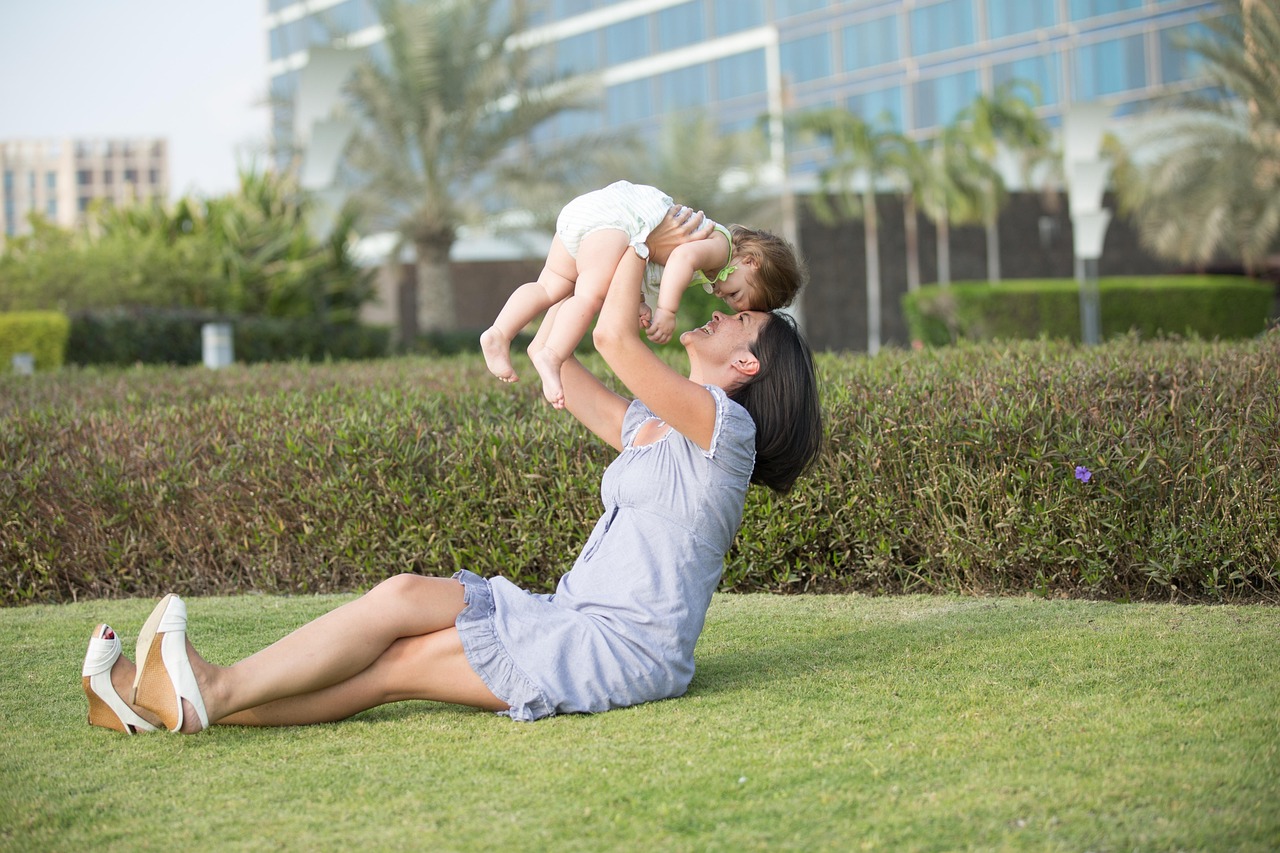Addiction is a complex, multifaceted issue that impacts millions of individuals and families worldwide. While genetics, environment, trauma, and peer influence all play a role, one often under-discussed yet critical factor is parenting. The way a child is raised—the emotional tone of the household, the boundaries set (or not set), the way love is expressed—can deeply influence whether a person is more vulnerable to addictive behaviours later in life.
This isn’t about blame. Most parents do the best they can with what they know. But understanding how certain parenting styles can contribute to addiction risk is key to prevention, early intervention, and healing.
1. Emotional Neglect and Insecure Attachment
Children need more than food, shelter, and clothes. They also need consistent emotional support, validation, and security. When parents are emotionally unavailable—due to their own mental health issues, substance use, or other stressors—children may grow up with insecure attachment.
This insecure attachment often leads to emotional emptiness and a poor sense of self-worth. As they grow older, these individuals may turn to substances, gambling, or other compulsive behaviours to numb emotional pain or fill a void that was created early in life.
2. Harsh or Authoritarian Parenting
Overly strict or controlling parenting, often referred to as authoritarian, can lead to rebellion, low self-esteem, or internalised shame. Children raised in these environments may feel they can never measure up, or that love is conditional on performance or obedience.
This creates an environment where emotions are suppressed and open communication is discouraged. The child learns to hide their true feelings—and later in life, they may use addictive behaviours as an outlet for those unexpressed emotions.
3. Lack of Boundaries and Permissiveness
On the opposite end of the spectrum, permissive parenting—where rules are inconsistent or absent—can also be damaging. Children raised without clear boundaries may struggle with self-discipline, impulse control, and delayed gratification.
Without a strong internal compass, these individuals may become more susceptible to peer pressure and risky behaviours, including substance use. In some cases, drugs or alcohol become a way to cope with the stress and confusion of an unstructured environment.
4. Modelling Addictive Behaviour
Children learn by watching. If a parent relies on alcohol, drugs, food, or even work to manage their emotions, children absorb this message: “This is how adults deal with stress.”
This modelling is especially powerful when combined with genetic predisposition. A child who witnesses a parent’s addictive behaviours is more likely to normalise them—and more likely to experiment at an earlier age.
5. Unresolved Trauma and Abuse
Perhaps the most direct link between parenting and addiction is trauma—especially trauma that occurs within the family system. Physical, emotional, or sexual abuse, as well as chronic neglect or exposure to domestic violence, are all traumatic experiences that increase the risk of addiction.
Addiction can be a form of self-medication—a way to soothe the symptoms of unresolved trauma. For many, it’s not about getting high; it’s about getting relief.
So What Can Be Done?
If you’re a parent, caregiver, or educator, here are some key takeaways to reduce the risk:
- Foster emotional connection: Let children feel seen, heard, and safe. Regularly check in on their emotional well-being.
- Set healthy boundaries: Balance love with limits. Consistency helps children feel secure.
- Model healthy coping: Show them what it looks like to handle stress constructively—through communication, mindfulness, or seeking help.
- Talk about substance use early: Normalise conversations about addiction, mental health, and emotional well-being.
- Get support: If you’ve struggled with your own addiction or trauma, seeking therapy can break intergenerational cycles.
Final Thoughts
Bad parenting doesn’t cause addiction in a vacuum—but it can set the stage for it. Recognising this isn’t about guilt, it’s about empowerment. When we understand the roots of addiction, we can make better choices—not just for ourselves, but for the next generation.
Every conversation, every hug, every boundary lovingly set is a step away from pain and a step toward resilience
Andrea x

